OpenAI Takes Steps to Protect its New o1 'Reasoning' Model with Trademark Filing
By admin | Nov 29, 2024 | 4 min read

OpenAI is once again making moves to safeguard its intellectual property, this time targeting its new o1 AI model, a groundbreaking development in the field of reasoning-based AI. The company has officially filed a trademark application for "OpenAI o1" with the U.S. Patent and Trademark Office (USPTO), signaling its intent to claim exclusive rights to the name and model.
On Tuesday, OpenAI submitted the application, which is still under review by the USPTO. As of now, the filing is awaiting assignment to an examining attorney, meaning it has not yet been approved. Interestingly, the company took an international approach by filing a foreign trademark application in Jamaica earlier this year, in May, well before the model's public announcement.
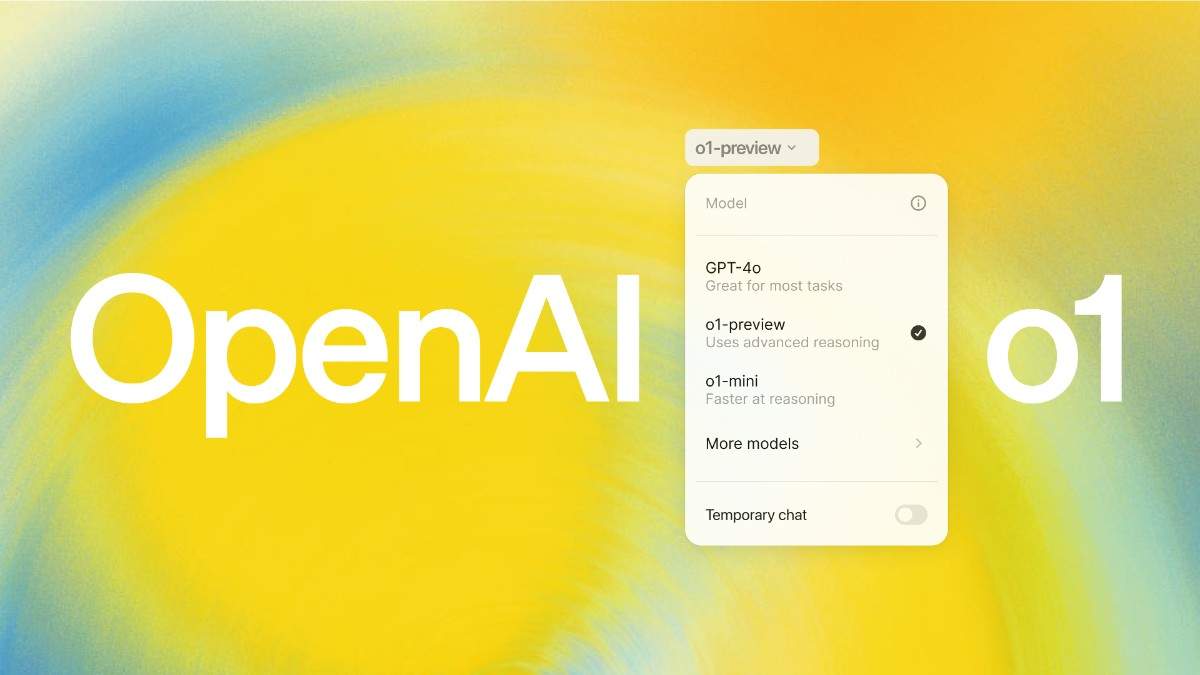
OpenAI continues to protect its innovations, including the reasoning model, o1
What Sets o1 Apart: A New Era of 'Reasoning' Models
The o1 model stands out from traditional AI systems. Designed to handle more complex tasks, it is the first in a new series of reasoning models. These models are unique because they are equipped to fact-check themselves. By spending extra time considering a question or query, they can provide more reliable and accurate responses, effectively avoiding some common pitfalls seen in earlier models.
As explained by OpenAI in its official documentation, the goal is to create a new generation of AI that goes beyond simple pattern recognition and delves into reasoning—an essential aspect for more advanced, human-like intelligence.

The OpenAI o1 model represents a significant advancement in reasoning capabilities.
OpenAI’s Trademark Journey
This move to protect its intellectual property comes as OpenAI continues to expand its footprint in the AI space. To date, the company has filed for numerous trademarks, including well-known names like ChatGPT, DALL-E, and GPT-4o. However, not all trademark attempts have been successful.
In February, OpenAI faced a setback when it attempted to trademark the term “GPT”, only for the USPTO to deny the application. The office ruled that “GPT” had become too generic, given that the term was already in widespread use by other entities, including competitors and research groups in the AI industry.
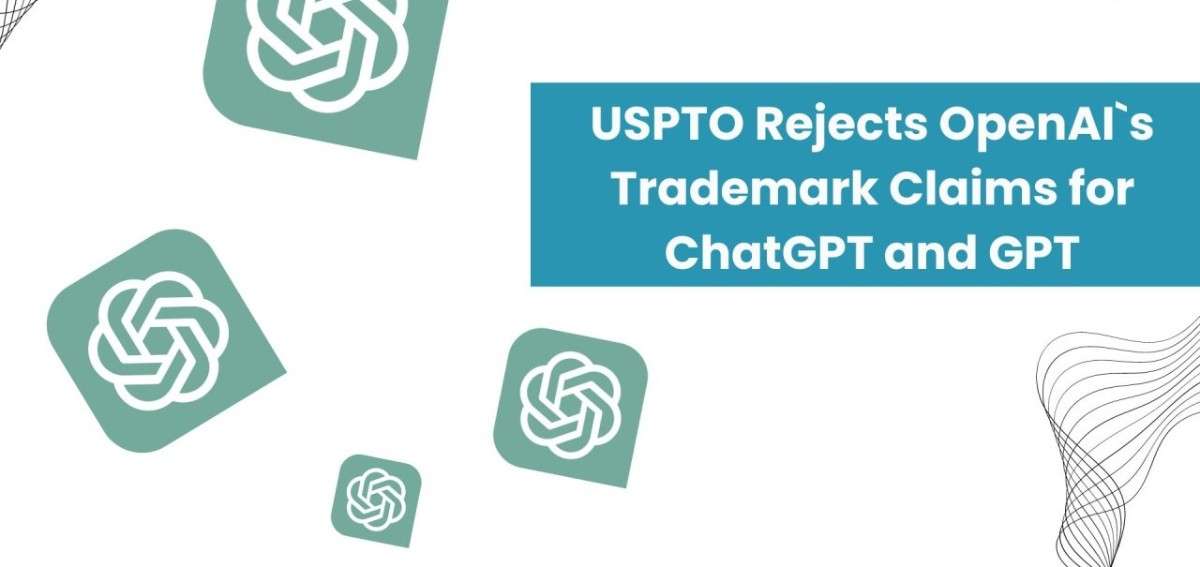
OpenAI's attempt to trademark 'GPT' was denied in February, citing its generic usage.
Despite this, OpenAI remains determined in protecting its other trademarks. One of the most notable ongoing legal battles involves the trademark dispute with Guy Ravine, a technologist who claims to have coined the term “Open AI” in the early 2010s. Ravine, who pitched the idea of an open-source AI in 2015, has been challenging OpenAI’s exclusive use of the term.
Earlier this year, a federal circuit court ruled in OpenAI’s favor, granting the company a preliminary injunction, which prevents Ravine from using the name in a way that could confuse the market. This decision hints at a likely victory for OpenAI in the ongoing dispute.
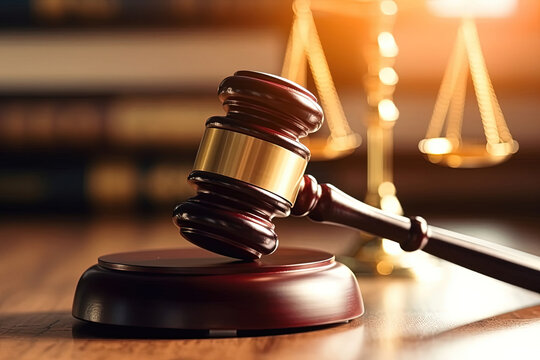
OpenAI was granted a preliminary injunction in its trademark case against Guy Ravine.
Looking Ahead
The trademark filing for o1 is one part of a larger strategy to protect its intellectual property, but it also reflects a growing concern over the ownership and commercialization of AI technologies. As the AI landscape becomes more fragmented, with various players staking their claim over algorithms and models, the question remains: How open and accessible will AI truly be in the future, or will it become another battleground for corporate control?
Comments
Please log in to leave a comment.
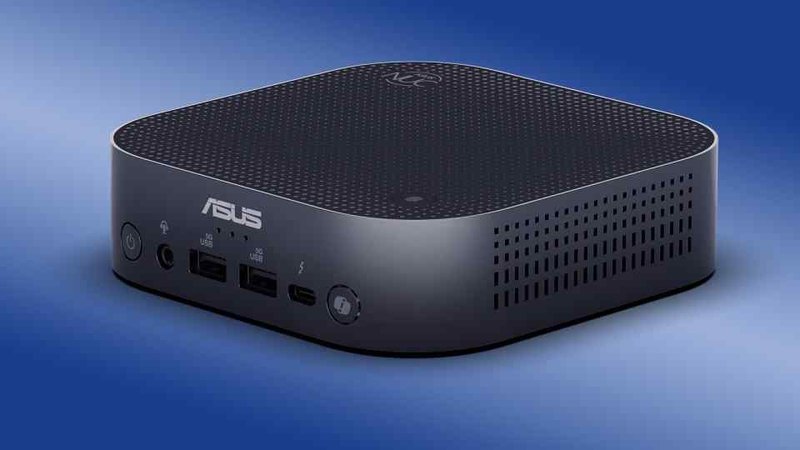
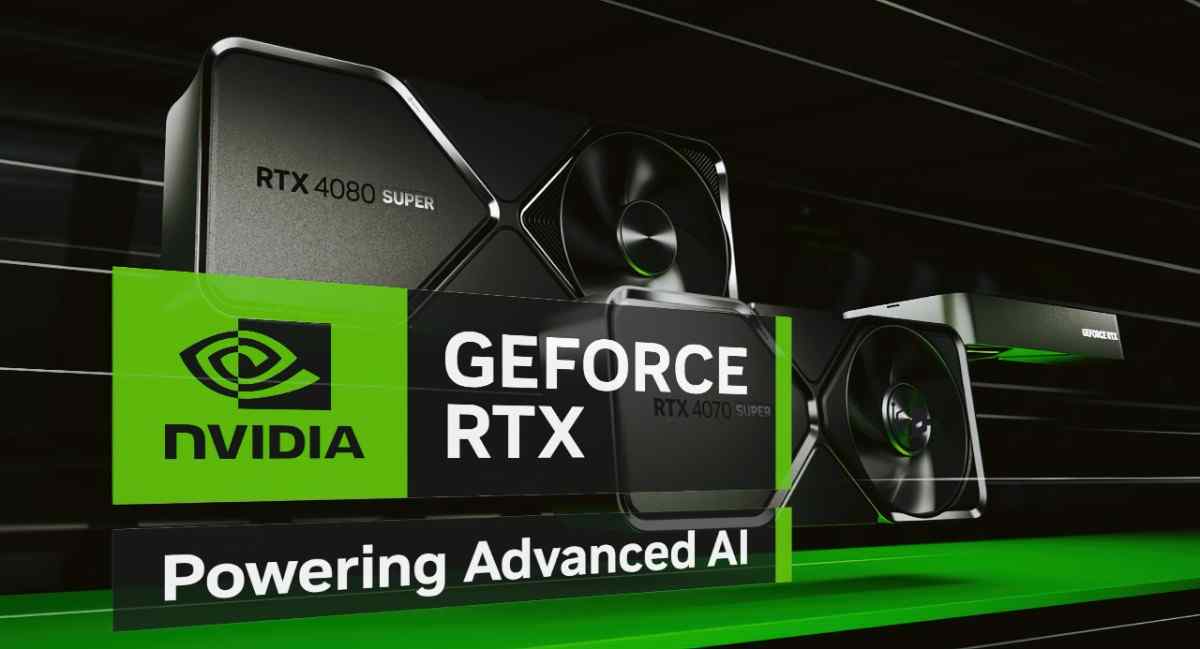


No comments yet. Be the first to comment!